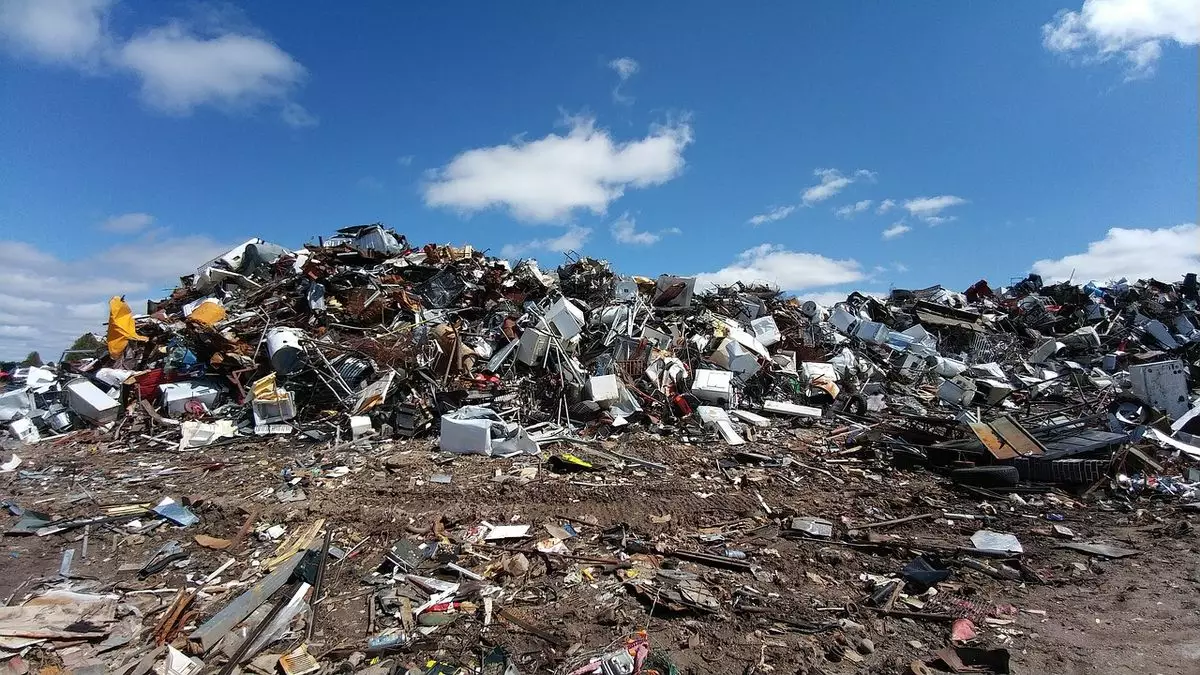In the world of digital currency, the tale of James Howells stands out as both a cautionary story and an extraordinary adventure. In 2013, this British IT professional inadvertently cast away a hard drive containing 7,500 bitcoins—a decision that at the time seemed minor, yet has transformed into an epic saga of loss, desperation, and financial upheaval. Back when Howells disposed of the drive, the total worth of his bitcoin stash was less than $1 million. Today, that same trove is valued at approximately $750 million, marking one of the most significant financial blunders in history.
The situation escalated when Howell publicly voiced his desire to recover the hard drive, formally proposing the purchase of the landfill site in Newport, Wales, where he believes it resides. In his attempts to regain access, he has claimed that he has engaged investment partners ready to support his pursuit. However, a significant bottleneck remains: the local council, who owns the landfill, appears unsympathetic to his cause and has dismissed his appeals to excavate.
Since realizing the gravity of his blunder in November 2013, Howells has led an arduous and seemingly Sisyphean fight to reclaim his digital fortune. His 2023 announcement of a potential lawsuit seeking damages of half a billion dollars from the Newport council brought new attention to his long-standing claims. He ventured further, seeking a judicial review of the council’s denial of access to the landfill. During a preliminary court session, Howells’ legal advisors asserted that the location of the drive had been sufficiently narrowed down, indicating that recovery efforts need not involve large-scale digging.
Yet, the council remained resolute, contending that whatever occupies their landfill is under their jurisdiction. They highlighted environmental concerns, insisting that excavating the site would pose substantial ecological risks. The ruling judge ultimately sided with the council, terminating Howells’ ambitious claims. But as the stakes are so remarkably high, Howell’s relentless pursuit of the drive continues, reflecting a mixture of both desperation and determination.
As the years have progressed, the narrative surrounding Howells’ predicament has evolved. Early press reports reveal Howell’s retrospective sheepishness: he described the moment he discarded the drive during a routine office clean-up, likening it to an instinctual foresight of regret. Fast forward to more contemporary interviews, and the story shifts—the hard drive, it seems, was reportedly placed in a black bag in his house, only to be mistakenly identified as rubbish by a partner at the time. This change in his story does not just serve as a detail; it carries potential implications for his case. Demonstrating that the drive was never truly meant for disposal may bolster his standing in future legal battles.
Nevertheless, despite the pivoting narratives, it appears that his claims have not yet gained the traction they need to compel the court to grant him access to the landfill. Newport council’s firm stance only gets stronger with each passing year, indicating they hold no intention of negotiating with Howells or his supposed investors.
The enduring story of James Howells and his lost bitcoin encapsulates the chaotic intersection of digital currency, unanticipated human error, and the often unyielding nature of legal structures. With nearly a billion dollars buried deep within the confines of a municipal dump, one cannot help but speculate whether this tale will eventually culminate in the recovery of the hard drive or continue to unfold as a cautionary lesson on the volatile nature of digital assets.
James Howells’ saga is profoundly affected by the ever-fluctuating value of Bitcoin. As prices continue to rise, so too does the importance of his quest. As of now, the future remains shrouded in uncertainty, but one thing is clear: the relentless pursuit of lost wealth—whether in the form of physical assets or digital currency—serves as a powerful reminder of our humanity, our errors, and the lengths to which we go to reclaim what is lost.

